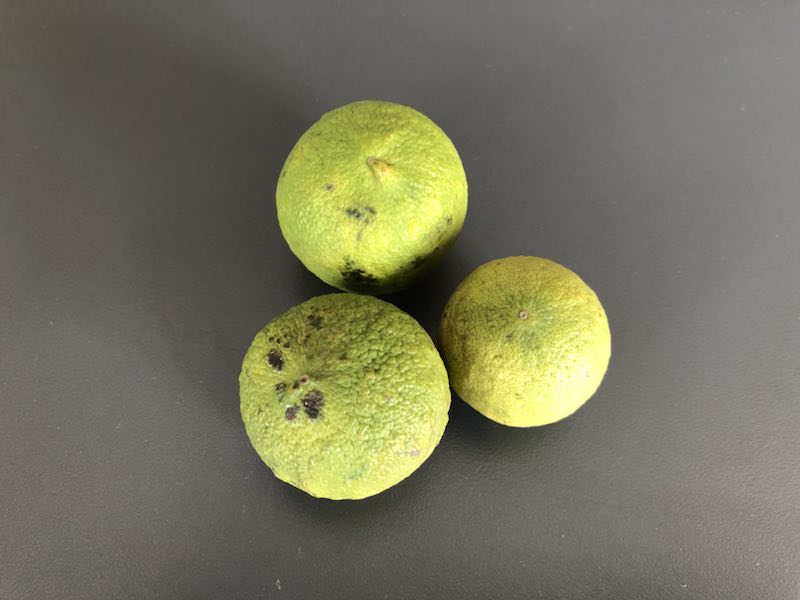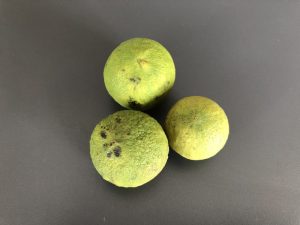
Guilin SanLengBio Innovate Bitter Orange Neohesperidin Production Process
Guilin SanLengBio has been innovating the traditional extraction of neohesperidin from the bitter orange with its tireless, persevering spirit of exploration and rigorous, pragmatic, strict requirements, bold innovation, and repeated proofs. Guilin SanLengBio has completed the verification of the production process from the raw material bitter orange to the finished product neohesperidin.






